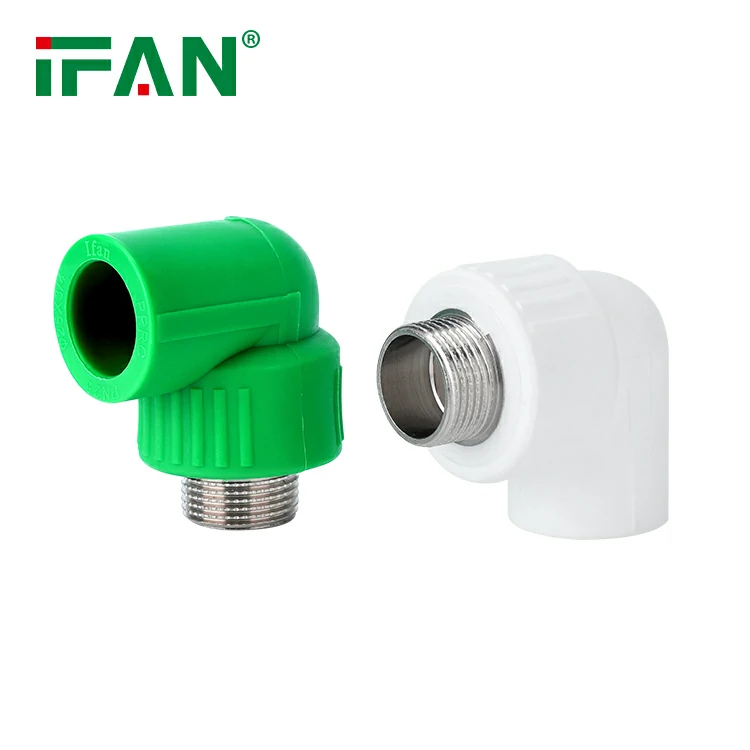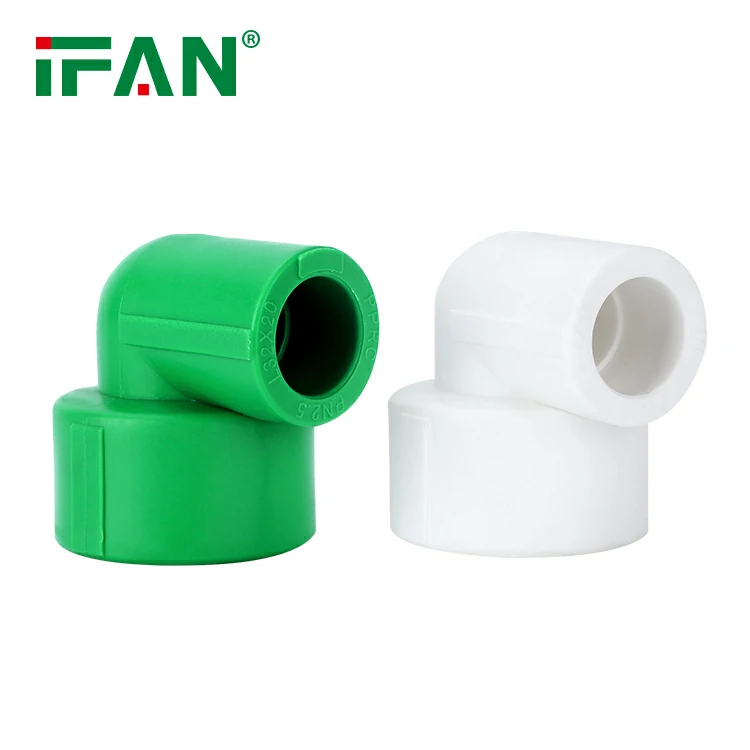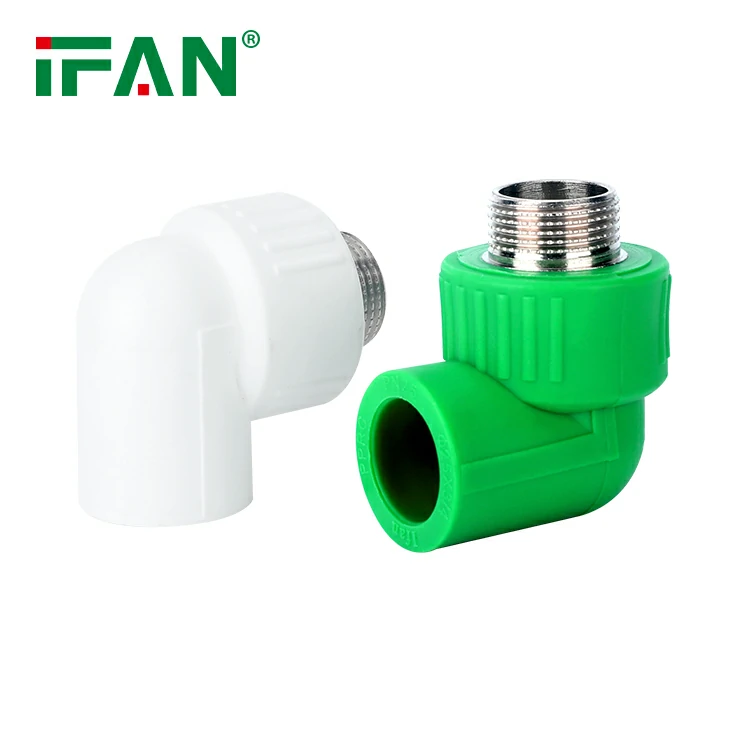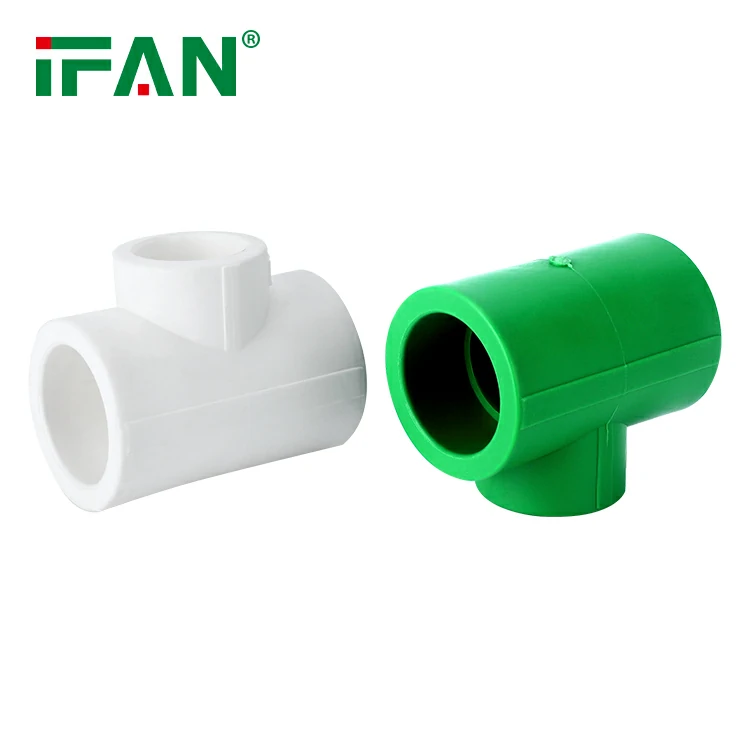Introduction
PVC pipes are essential materials in industries ranging from construction to plumbing and irrigation. However, the integrity of the market for these widely-used products has come under scrutiny due to allegations of price-fixing among PVC pipe manufacturers. This article delves into the accusations, explains the implications for consumers and industries, and examines how price-fixing practices undermine the fair trade of essential goods like PVC pipes.

Understanding Price-Fixing in the PVC Pipe Industry
Price-fixing is an illegal practice where competing companies conspire to set prices at a certain level, eliminating competition. This practice leads to inflated costs for consumers and stifles innovation. In the context of PVC pipes, accusations of price-fixing have sparked concerns over market fairness and affordability.
What Led to the Accusations?
Reports suggest that some PVC pipe makers allegedly coordinated their pricing strategies to maintain higher profit margins. This coordination may involve:
- Collusion: Agreements between companies to set minimum prices.
- Market Division: Allocating customers or regions to avoid competition.
- Production Control: Limiting supply to artificially raise prices.
Impacts of Price-Fixing on the PVC Pipe Market
Price-fixing in the PVC pipe industry can have widespread consequences:
1. Increased Costs for Consumers
Whether for large-scale construction projects or small home repairs, higher PVC pipe prices directly impact consumers, forcing them to pay more than necessary.
2. Economic Inefficiencies
Price-fixing disrupts the natural supply-and-demand balance, leading to inefficiencies in resource allocation and market operations.
3. Reduced Competition
When companies engage in price-fixing, it stifles fair competition, discouraging smaller or new manufacturers from entering the market.
4. Legal and Reputational Risks
Companies involved in price-fixing face potential lawsuits, fines, and damage to their reputations, further destabilizing the industry.
Notable Cases of Alleged Price-Fixing
Price-fixing in the PVC pipe industry is not a new phenomenon. Similar accusations have surfaced in various regions, with governments and regulatory bodies stepping in to investigate and penalize offenders.
Case Study: United States
In recent years, several PVC pipe manufacturers in the U.S. were accused of coordinating prices through trade associations and informal agreements. Regulatory investigations revealed email communications and meetings that pointed to collusion.
Case Study: European Union
In the EU, PVC pipe makers faced allegations of forming a cartel to control market prices. The European Commission imposed heavy fines on companies found guilty, setting a precedent for stricter monitoring.
Legal Frameworks to Prevent Price-Fixing
Governments and regulatory bodies worldwide have established laws to combat price-fixing and maintain fair market practices.
Key Regulations:
- Antitrust Laws: Legislation like the Sherman Antitrust Act in the U.S. prohibits agreements that restrain trade or competition.
- Fair Trade Acts: These laws promote competitive pricing and prevent monopolistic behaviors.
- Monitoring Bodies: Organizations like the Federal Trade Commission (FTC) and European Commission enforce compliance and investigate violations.
Penalties for Price-Fixing:
- Fines: Companies can face significant financial penalties.
- Legal Actions: Individuals involved may face lawsuits or even imprisonment.
- Market Restrictions: Guilty companies might lose their licenses or face operational limits.
Protecting the PVC Pipe Market from Price-Fixing
Preventing price-fixing requires vigilance and proactive measures from both regulatory bodies and industry participants.
Recommendations for Fair Practices:
- Transparency: Manufacturers should maintain open pricing structures without collusion.
- Whistleblower Protections: Encourage insiders to report unethical practices without fear of retaliation.
- Regular Audits: Independent audits can detect and deter price-fixing schemes.
- Consumer Awareness: Educating consumers about fair pricing can help them recognize and report suspicious activity.
- Technological Solutions: Using AI and big data analytics to monitor pricing patterns can identify anomalies indicative of collusion.
What Consumers Can Do
Consumers and businesses relying on PVC pipes can take steps to ensure they’re not overpaying due to price-fixing:
- Compare Prices: Check multiple suppliers to identify unusual pricing patterns.
- Report Suspicious Activity: Alert local regulatory bodies to potential price-fixing practices.
- Advocate for Accountability: Support policies and organizations that promote fair trade.
Conclusion
The accusations of price-fixing among PVC pipe makers highlight the critical need for vigilance in maintaining fair market practices. Ensuring the affordability and availability of PVC pipes benefits not just the construction and plumbing industries but also consumers at every level. Regulatory bodies must enforce strict compliance, while manufacturers should uphold ethical practices to preserve trust and integrity in the market.
FAQs About Price-Fixing and PVC Pipes
1. What is price-fixing, and why is it illegal?
Price-fixing is an agreement among competitors to set prices at a certain level, eliminating competition. It’s illegal because it disrupts free markets and harms consumers.
2. How does price-fixing impact the cost of PVC pipes?
Price-fixing inflates prices, forcing consumers and businesses to pay more for PVC pipes than they would in a competitive market.
3. How can I identify price-fixing in the PVC pipe market?
Unusually uniform pricing across multiple suppliers or sudden price hikes may indicate price-fixing.
4. What should I do if I suspect price-fixing in the PVC pipe industry?
Report your suspicions to local regulatory bodies or consumer protection agencies for investigation.
5. Are there alternatives to PVC pipes if prices are too high?
Yes, alternatives like HDPE, PEX, or metal pipes may be suitable depending on your project’s requirements.





